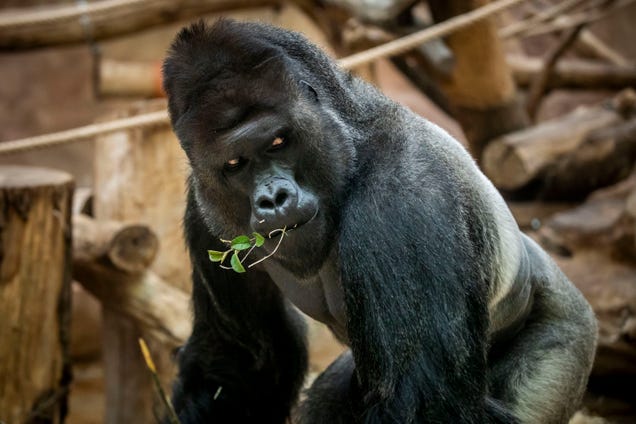African culture is a melting pot of diversity and richness that has been a source of inspiration for centuries. Today, the world is finally catching up with the unparalleled beauty of African aesthetics, making waves across the hair, makeup, and fashion industries. Let's embark on a journey to uncover the Afro-beauty revolution and how it's transforming the global beauty landscape.
African Hair: Embracing the Roots
Natural hair is the crown jewel of Afro-beauty, with a plethora of textures and styles that speak to the diversity of the African continent. From bantu knots to afros, twists, and braids, the versatility of natural hair is truly astounding. Embracing our roots and natural textures has become a powerful movement in the African diaspora, shattering the norms and redefining what beauty looks like.
Makeup: The Celebration of Melanin
Afro-beauty is not only about hairstyles but also encompasses the celebration of melanin-rich skin tones. A myriad of cosmetics brands have emerged to cater to the needs of people of color, making makeup more inclusive than ever before. From foundation shades that celebrate our rich hues to vibrant eyeshadows and lipsticks that complement dark skin tones, the makeup industry is finally reflecting the true diversity of beauty.
Fashion: The Fusion of Tradition and Modernity
African fashion is synonymous with vibrancy and storytelling, with a rich history of craftsmanship, intricate patterns, and bold colors. From Ankara to Kente, traditional fabrics are being reimagined in contemporary designs, creating a fusion of past and present. African designers are redefining the fashion industry, showcasing the unique beauty of Afrocentric styles and influencing global trends.
The Afro-Beauty Movement: Empowering the Diaspora
The rise of Afro-beauty is not just about aesthetics but also about empowerment and self-expression. By embracing our unique features and cultural heritage, we can challenge beauty standards and redefine what it means to be beautiful. As the Afro-beauty movement continues to gain momentum, it paves the way for future generations to celebrate their roots and wear their African identity with pride.
Conclusion
Afro-beauty is a celebration of the unique aesthetics and styles that originate from the African continent. By embracing our natural hair, makeup, and fashion, we are redefining the global beauty landscape and empowering the African diaspora. It's time for the world to appreciate the true beauty of Afrocentric aesthetics and join the revolution.


